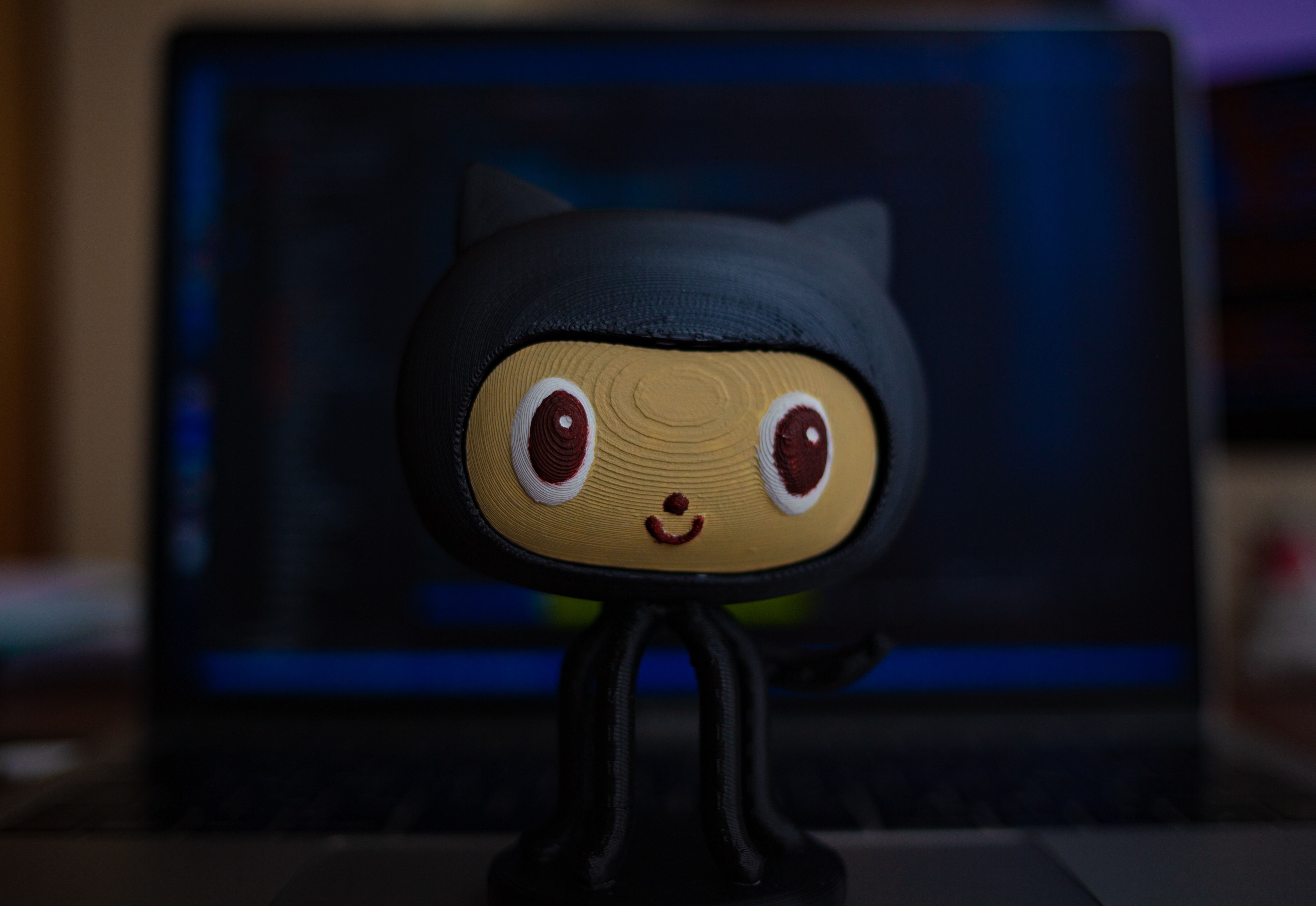240 reads
How to Become an Open-Source Developer
by
March 9th, 2022
Audio Presented by

3+ years of experience as Software Developer (Backend) | Junior Architect | OpenSource contributor. Available !
About Author
3+ years of experience as Software Developer (Backend) | Junior Architect | OpenSource contributor. Available !
Comments
TOPICS
Related Stories
10 GitHub Repositories to Follow
Jun 06, 2021
